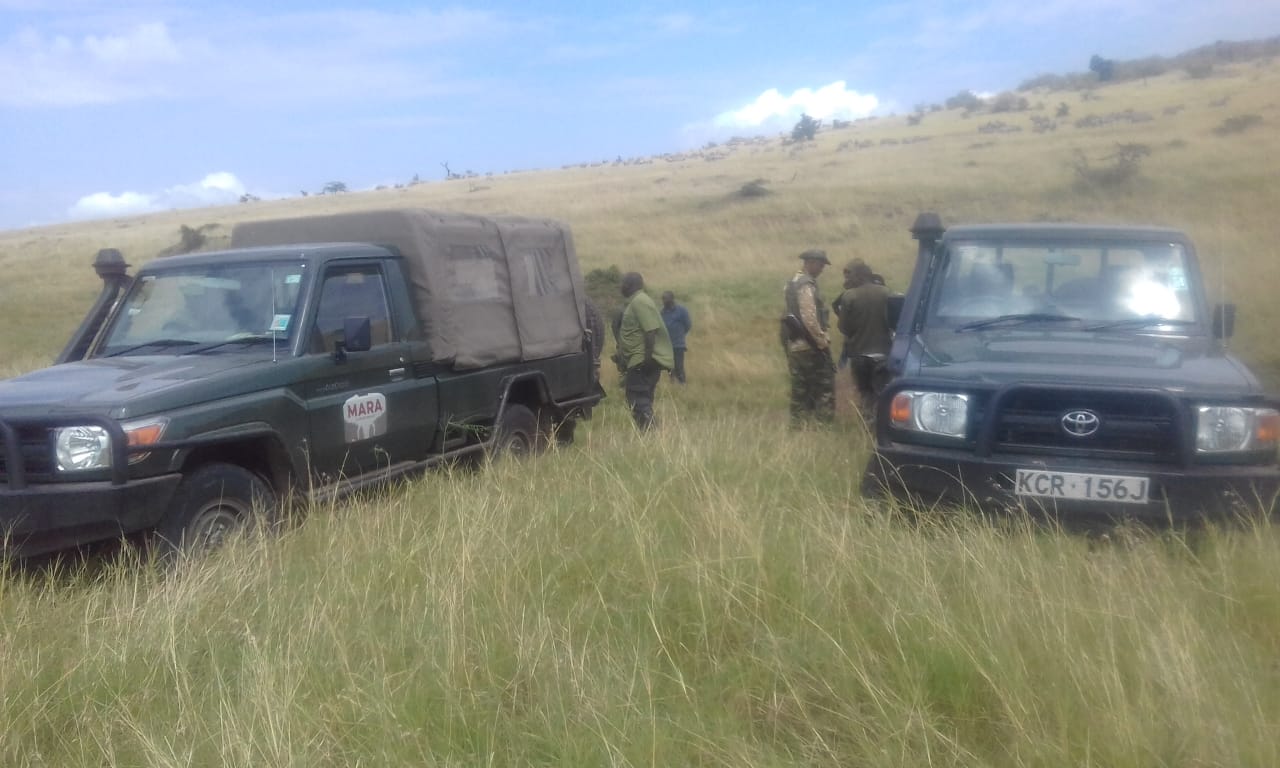 Are you aware that dangerous pesticides are being used on crops?
Are you aware that dangerous pesticides are being used on crops?
Mystery surrounds the deaths of 26 elephants in Maasai Mara National Reserve, which is managed by the Narok county government, in the last three months.
These are deaths that cannot be ruled as a result of conflict, for example, an arrow wound, or poaching, most likely when tusks are removed or natural and are therefore uncategorized, which limits MEP’s ability to respond. So, the rise in unknown elephant deaths, a disturbing new trend Mara Elephant Project is seeing in the Mara, needs an explanation.
Although the cause of the deaths remains “unknown”, at least 11 of the jumbos are suspected to have been poisoned.
In November alone, seven deaths were categorised as “unknown” but there was evidence pointing toward poisoning, a damning report published last week by the Mara Elephant Project (MEP) says.
The report, published on the MEP website and posted on their Facebook account on December 14, says the poisoning may be as a result of human-wildlife conflicts.
Preliminary investigations indicate some of the dead elephants were poisoned with cyanide.

Where the use of strong pesticide is being used on tomatoes, MEP has set up their rapid response unit to monitor the situation, keep elephants out of tomato farms.
Endosulfan “can pose unacceptable neurological and reproductive risks to farmworkers and wildlife and can persist in the environment,” according to an EPA release. The pesticide is bioaccumulative, which means it accumulates in the fatty tissue of organisms and concentrates higher in the food chain.
They have tasked their officers with speaking to community members about the pesticides they are using and monitor the elephant’s water source.
“While the MEP rapid response unit is having success in this area, MEP needs a permanent ranger presence to really make a lasting impact,” it noted.
According to the report, having collared elephants in these areas would be extremely helpful in deploying rangers to respond to these conflict-related deaths.
But it noted that their collaring program is still on hold due to the national ban by KWS on any non-emergency veterinary treatment.